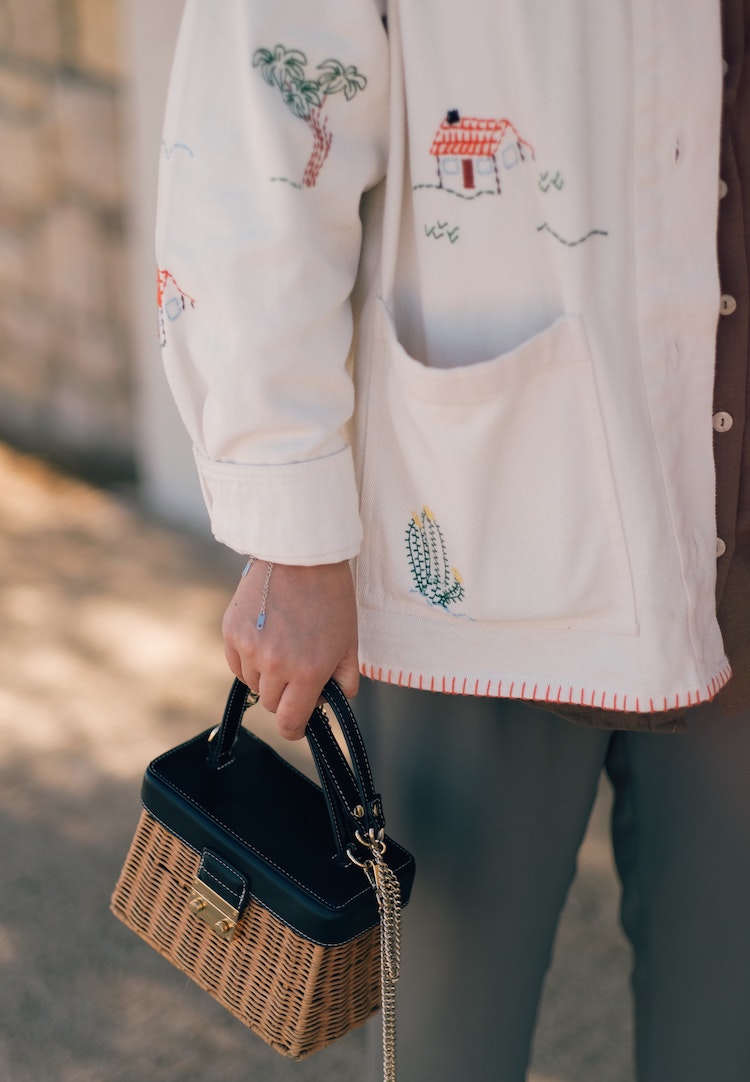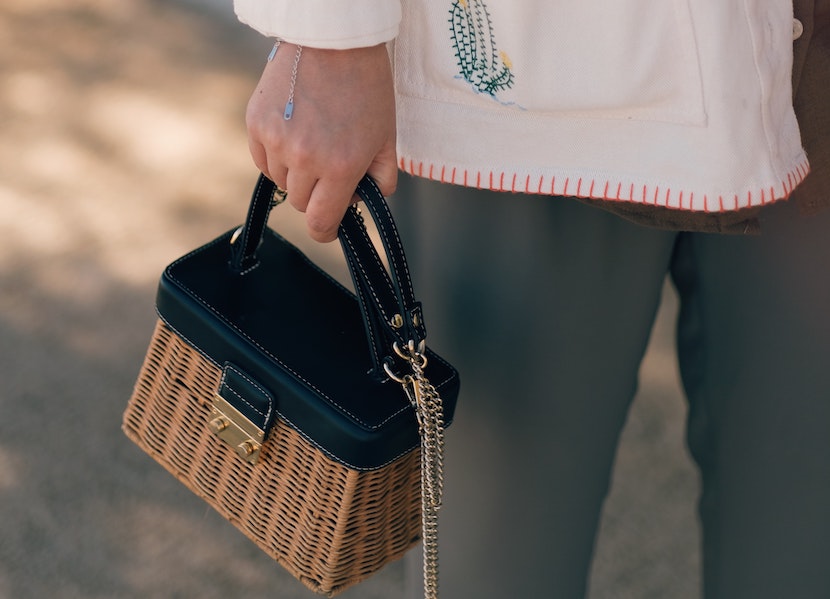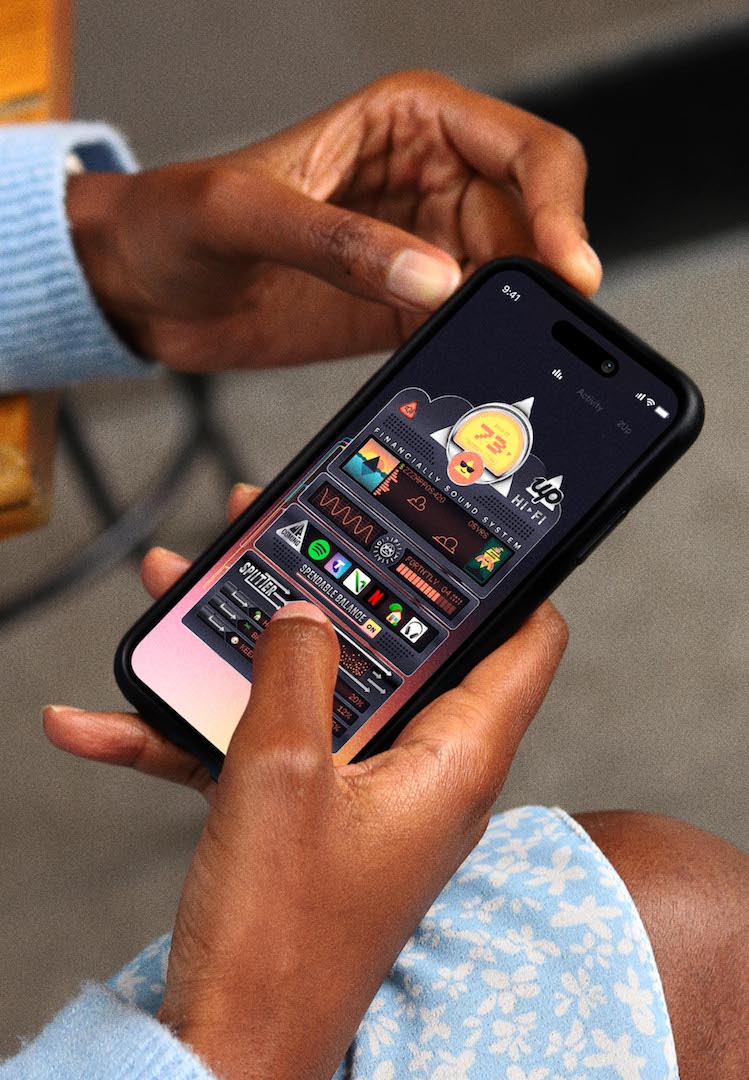Practical tips on getting out of debt from a financial planner
WORDS BY ALYSSA FORATO
“The past in the past. Focusing on being proactive and moving forward from that situation.”
“Get your fucking ass up and work. It seems like no one wants to work these days,” Kim Kardashian said in her controversial interview with Variety last year. While it’s a slight sweeping generalisation, it does feel as though these days, working harder isn’t necessarily the key to financial success.
The cozzie livs is in full swing, and it’s hurting our wallets more than ever. With inflation no longer creeping up on us (instead, choosing to slap us squarely in the face) it’s becoming harder and harder to save while maintaining a ‘material girl’ lifestyle. Or even a ‘regular girl’ lifestyle.
Interested to hear how others navigate the world? Head to our Life section.
And for the many of us in debt, the dream to finally pay it all off seems to be slipping through our fingers. Interest rates are skyrocketing, making the money we owe accumulate into daunting piles (do not even talk to me about my HECS-HELP loan).
There has to be a way out, right? Before I let myself have a menty b over never-ending financial worries, I spoke to financial planner Bec Dillon-Hensby to learn some practical ways to get out of debt.
Why inflation?
Long story short, it’s a sum of supply and demand. Bec tells me that with the recent world events that have unfolded (the war in Ukraine, COVID, etc), the global supply chain has been impacted. With fewer goods available, those goods become more expensive.
“The increase to the cost of the goods and services that we pay for is called inflation, and we’re in a high inflation environment at the moment,” Bec explains. “So the Reserve Bank, which is the Central Bank of Australia, targets an inflation rate of about two to three per cent per year. We’re sitting at about seven per cent, so it’s much higher than what we’d like, and that’s why everything is costing us so much at the moment.”
Don’t be ashamed of debt
There are countless reasons why someone might find themself in debt. Bec says the most common types of debt she sees that are giving people the scaries include credit card debt, personal loans, mortgages, investment loans, and from ‘buy now pay later’ services. Regardless of what type of debt you’re in, it’s nothing to be ashamed of
“It’s easy to punish ourselves for… debt but [by] doing that, you’re just making yourself feel bad over something you can’t change,” Bec says. “The past in the past. Focusing on being proactive and moving forward from that situation… [it] will be the best thing that you can do.”
Bec found herself in debt when she was 18, and had been granted access to a credit card and personal loan. “I went out and bought myself a car and I was spending more than what I was earning, so I found myself in a position where I had a car loan and a credit card to pay back.
“Honestly, I just felt like I was getting paid and then I was making repayments towards [my debt], and then I had nothing left over… it just was so incredibly defeating.” Bec decided to learn as much about money as she could, reading books and educating herself.
Using the debt snowballing method (which we will get into shortly), she was able to “put lots of little bits” towards her debt. Five dollars here and 30 cents there all added up and made an incredible difference. In time, she managed to repay all her debts.
Defeating debt
Before we can dive into the debt-repayment tactics, Bec says it’s important to know your income and expenses first. “To be able to come up with any sort of plan of attack when it comes to repaying debt, you need to know how much money you have available to work with,” Bec explains. “That’s going to help you make some really informed decisions about… how much money you can actually dedicate towards getting out of debt.”
Next, building an emergency fund is key. Set aside a certain amount of money that you aren’t able to touch unless you absolutely have to. Did your car break down? Maybe you smashed your phone? You have this money tucked away, and you’ll save yourself a load of stress and reduce your reliance on your credit card. Picking a debt repayment method is the next course of action. The ‘snowball method’ is what Bec used, and she found it a motivating way to pay off her debts.
“You essentially list down all of the debts that you have from the smallest balance, so the one that you owe the least on… to the highest balance, [which is] the one that you owe the most on. What you do is you set up to pay the minimum payment on all of those debts and [with] any extra money that you have available, you put towards the debt with the lowest balance first,” Bec tells me
“Then as that debt is wiped off, you move that one to the next one. So what you were paying in minimum and extra payments on the first one snowballs to the second one, and so on. This is a really effective method from a motivational standpoint because you get some really quick wins, which is quite motivating.”
Another popular method Bec says people use is the ‘debt avalanche method.’ Here, you list all of your debts from highest interest to lowest interest and focus on paying off your debts with the highest interest first. “Mathematically, that one makes the most sense but often our debt with the highest interest rate is often our highest debt, so it can be demotivating to feel like you’re putting all of your money towards a debt that’s just not reducing very much,” Bec points out.
Another way to prevent debt from accumulating is by avoiding using ‘buy now, pay later’ services. My mother always told me “If you can’t pay for it now, you shouldn’t own it now”. But for people struggling, these services can be an immense help. Bec suggests setting up a ‘before pay’ bank account and transferring small amounts of money into it so that when you then need to buy something, you have money ready to start paying it off.
Bec also says putting time between yourself and the purchase is the best thing you can do, according to Bec. “Because when we shop, we get a massive spike of dopamine, right? Which is our feel-good chemical,” Bec says. “If we put time between ourselves and that purchase, that means that we are going to be making sure we’re buying it because we genuinely need it, not just for that dopamine hit.”
Learn more on how to start repaying your debts here.










